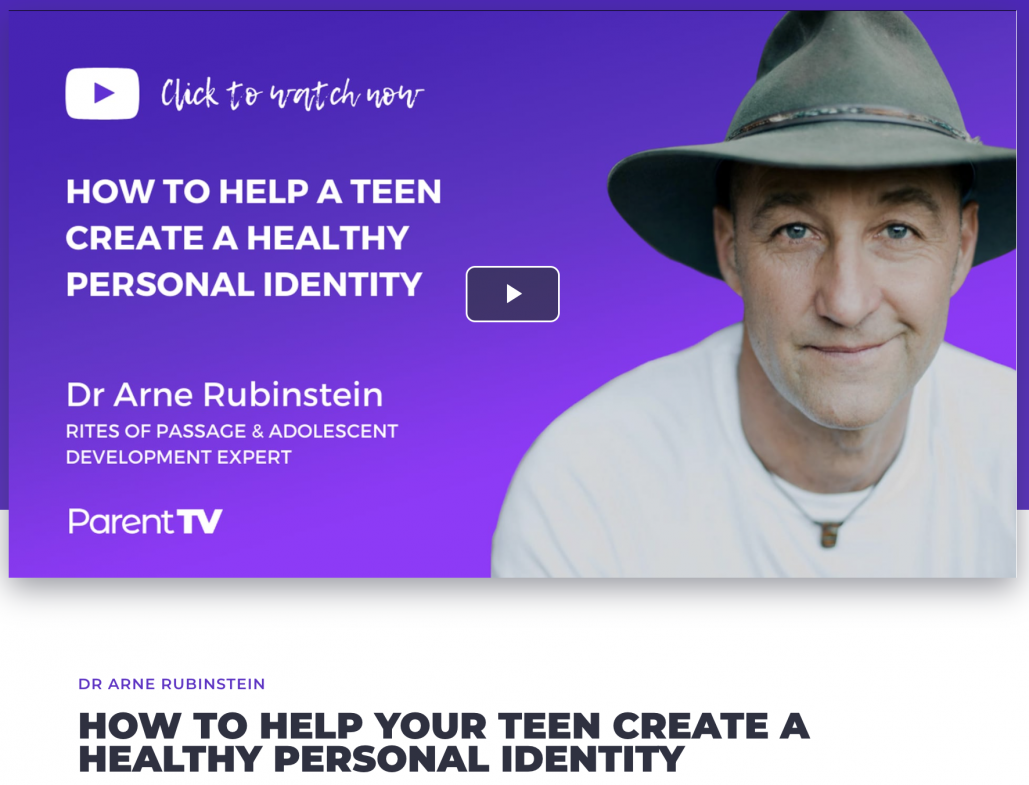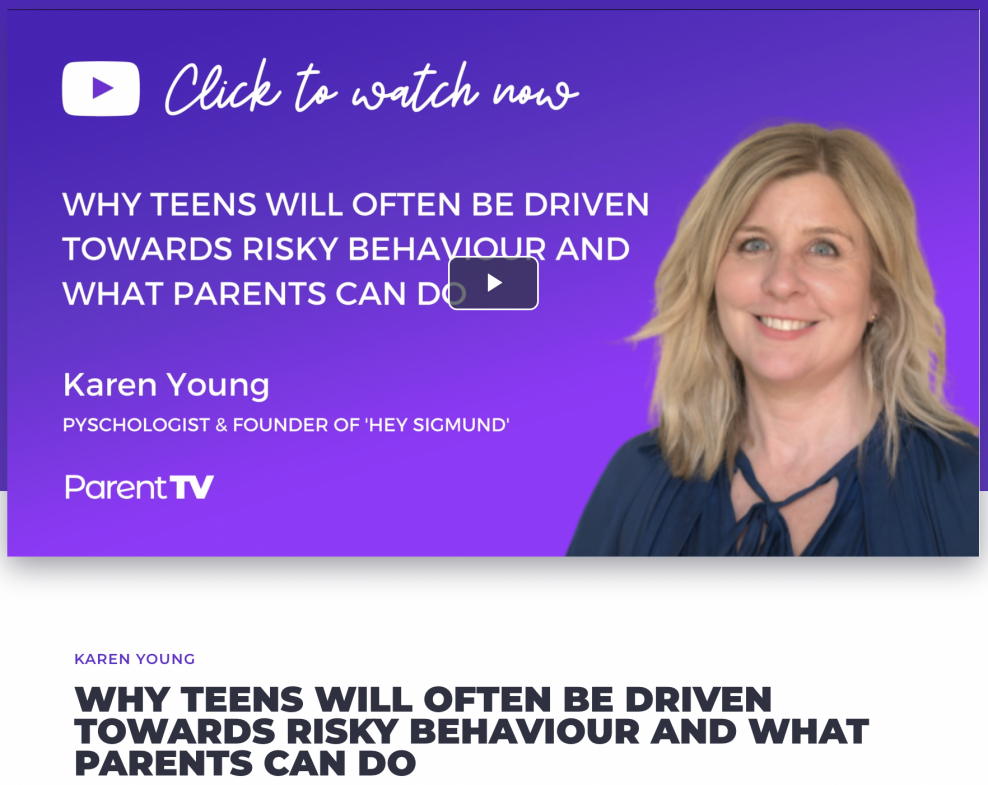Teaching Teens Responsibility: Preparing for Adulthood
Categories: General Parenting
The teenage years are a whirlwind of change and growth. It’s a time when our kids start to sprout wings, preparing to take on the world as adults. As parents, educators, and mentors, our role in shaping responsible, capable young adults is pivotal. In this blog post, we’ll take a closer look at the science and research behind teaching teens responsibility and setting them up for a successful transition to adulthood.
Understanding the Teenage Brain
Before we dive into the nitty-gritty of teaching responsibility, let’s talk about the teenage brain. It’s a fascinating, constantly evolving organ. Research tells us that the brain doesn’t fully mature until the mid-20s, with significant developments happening during adolescence.
One crucial area of growth is the prefrontal cortex, responsible for things like decision-making, impulse control, and understanding consequences. That’s why teens can sometimes act impulsively, take risks, and struggle with long-term planning. Knowing this helps us approach teaching responsibility with patience and understanding.
Teaching Responsibility through Independence
One way to nurture responsibility in teens is by giving them some independence while maintaining reasonable boundaries. Research suggests that teens who are allowed to make choices (and yes, mistakes) are better equipped for adulthood.
Start by involving your teen in family decisions. Talk about finances, meal planning, and scheduling together. Let them have a say in their extracurricular activities, part-time jobs, and academic pursuits. Encourage them to set goals and support them in achieving those goals. This approach helps develop essential decision-making skills.
Responsibility through Chores and Accountability
Household chores can be a secret weapon in teaching responsibility. Studies show that involving teens in chores can give them a sense of ownership and accountability. Assign age-appropriate tasks and be clear about your expectations. When they complete their responsibilities, acknowledge their efforts and offer praise.
Equally important, hold them accountable when they fall short. Instead of punishment, use these moments as learning opportunities. Discuss what went wrong and brainstorm ways to improve next time. This approach helps them develop responsibility by encouraging self-reflection and problem-solving.
Financial Literacy and Responsibility
Money matters are a big part of adulthood, but many young adults struggle to manage their finances. To help your teen become financially responsible, start teaching them about budgeting, saving, and making smart financial decisions.
Research shows that early financial education has a lasting impact. Begin with the basics of budgeting, saving, and understanding credit. Encourage them to open a bank account and save a portion of any money they earn. As they gain confidence in managing money, they’ll be better prepared to handle financial responsibilities as adults.
Cultivating Empathy and Social Responsibility
Responsibility goes beyond personal accountability; it also includes being responsible members of society. Research emphasizes the importance of empathy and social responsibility in adolescent development.
Encourage your teen to get involved in community service or volunteer work. Discuss social issues, ethics, and the significance of giving back to the community. Teach them how their actions can impact others and the environment. By instilling a sense of social responsibility, you help them become more well-rounded and responsible adults.
Teaching teens responsibility is a journey that involves understanding their unique brain development, fostering independence, promoting accountability, imparting financial wisdom, and nurturing social responsibility. As parents, educators, and mentors, we have a crucial role in shaping the next generation of responsible adults.
Keep in mind that the path to responsible adulthood is not always straightforward, and every teen progresses at their own pace. Be patient, be there to support them, and keep the lines of communication open. By applying these principles and staying informed about the latest research, we can help our teens make a smooth transition into adulthood, ready to tackle the challenges and responsibilities that await.
Check out some videos from ParentTV below exploring how you can best support your teenagers.




